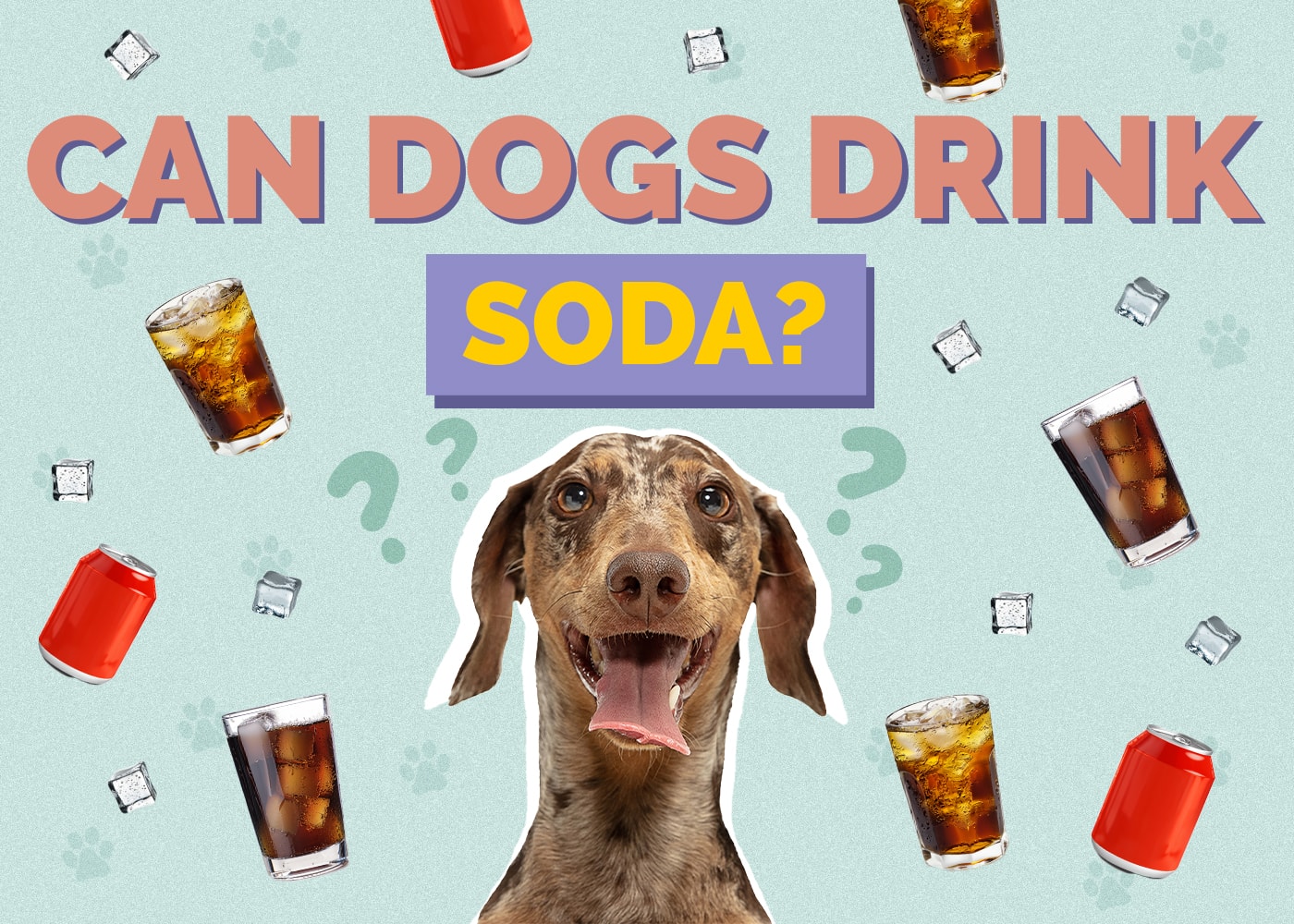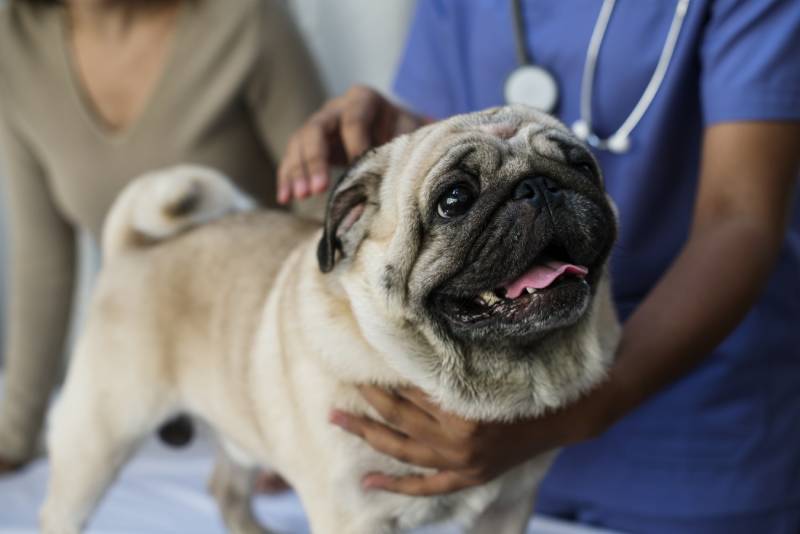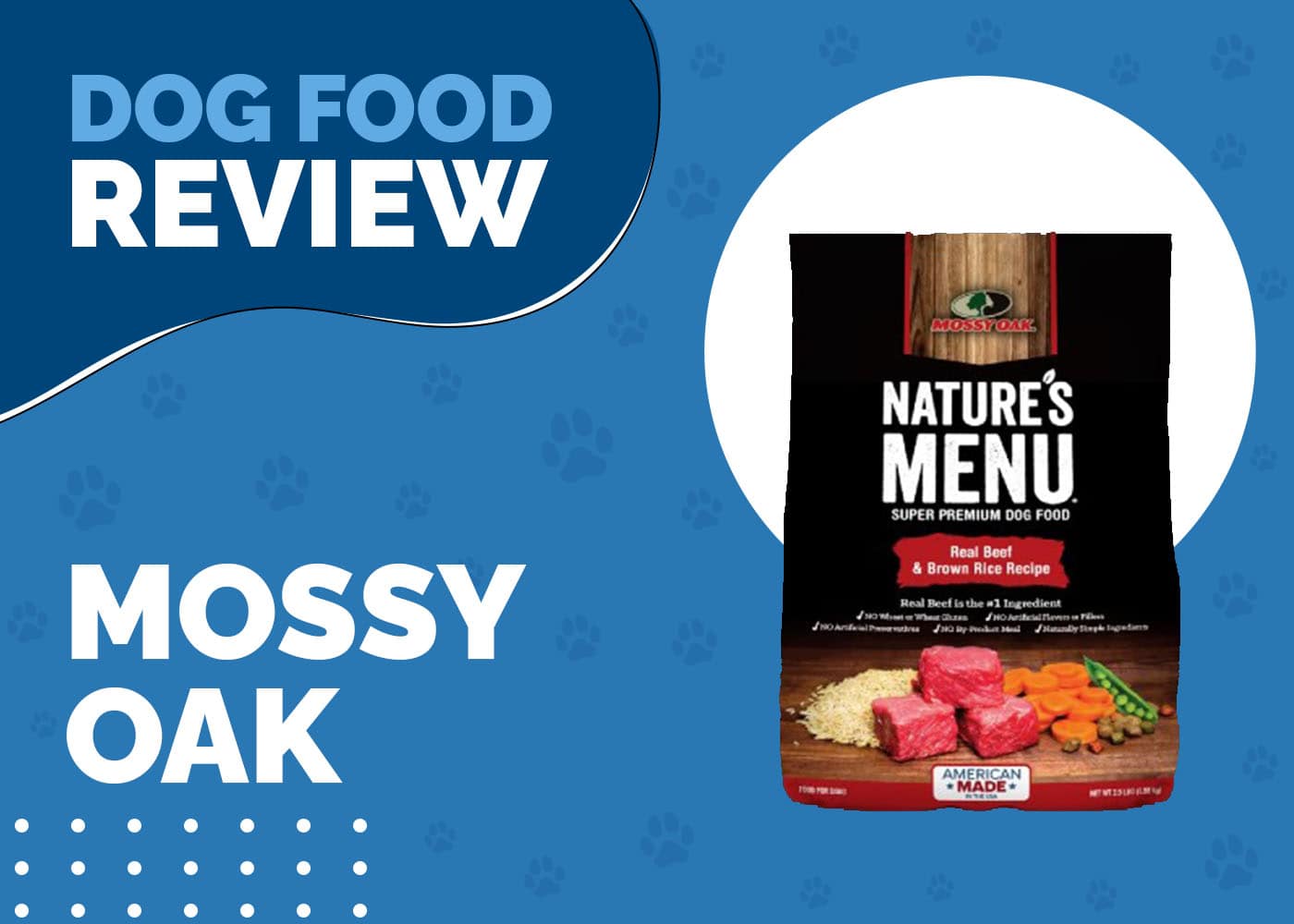Can Dogs Drink Soda? Vet-Reviewed Risks, Facts & Safety Guide
Updated on

On a hot day, many people reach out for a refreshing soda or soft drink. While most of us love soda, we all know how unhealthy it can be. They can cause health issues like diabetes and obesity in people because of the high sugar content, so you can only imagine how harmful sodas can be for our pets.
As you’d expect, you should never give your dog soda to drink, and you can learn about why and the potential risks below.
What Is Soda Made Of?
Sodas are loved worldwide for their sweet, fizzy, and refreshing taste. Sodas and other soft drinks are mostly made up of three main ingredients:
- Syrup
- Water
- Carbon dioxide
Besides these three ingredients, sodas may contain caramel coloring, phosphoric acid, natural flavors, and caffeine. Here are the nutritional values for 12 fluid ounces of most soda beverages:
| Energy: | 95.5 kcal |
| Water: | 233 g |
| Carbohydrates: | 24.7 g |
| Sugar: | 23.1 g |
| Caffeine: | 20.6 mg |
| Sodium: | 10.3 mg |
| Phosphorus: | 25.8 mg |
As we can see from these nutritional values, soda beverages contain a very large amount of sugar and caffeine—two detrimental substances for our beloved pets.
Risks of Giving Your Dog Soda

There are many potential risks of giving your dog soda. The high sugar and caffeine content can cause severe problems for your pet’s gastrointestinal tract and even lead to spikes in blood sugar levels. When your dog consumes too much sugar, it can quickly lead to obesity. Soda and other soft drinks can affect your dog’s digestive system, causing vomiting, diarrhea, bloating, and flatulence.
The Dangers of Sugar Free
Diet or Sugar Free soda will usually have an artificial sweetener to improve the flavor and keep us wanting more. Most of these sweeteners, whilst not exactly healthy, are not toxic for your dog. There is one ingredient you must always look out for if your dog is sampling processed human foods, and this is Xylitol. When dogs ingest xylitol, the body reacts in the same way it would to a high dose of sugar, by releasing large amounts of insulin. However, because xylitol does not act in the same way as sugar does, this insulin release causes acute hypoglycemia, which can cause seizures, coma or death. If the dog survives this initial phase, the xylitol will also cause severe liver damage, which is almost always fatal.
Caffeine can be Toxic
Another risk of giving your dog certain types of soda is caffeine intoxication. Pet owners need to realize how dangerous caffeine ingestion is for dogs. While coffee is the number one source of caffeine, soda drinks also often contain very high amounts and should be avoided altogether. While drinking a sip of your coffee or soda shouldn’t affect your dog, large amounts can be catastrophic, causing signs like:
- Increased heart rate
- Vomiting & Diarrhea
- Hyperactivity, restlessness, pacing
- Excessive vocalizing
- Raised blood pressure and cardiac arrhythmias
- Loss of muscle control, tremors, and seizures
Treatment

If you think your dog has consumed xylitol, you must contact the vet immediately; do not wait for clinical signs. Rapid decontamination by inducing vomiting, administering activated charcoal to reduce absorption from the gastrointestinal tract, and intravenous fluids may save your dog’s life. If you’re not sure they ingested any, play it safe and get them to the vet – better to treat them unnecessarily than to wait and have it be too late.
If you notice any of the symptoms of caffeine intoxication after your dog drinks a soda, it is essential to get your dog to the vet as soon as possible. They will examine your dog and determine what sort of treatment will be needed, which will likely follow a similar path to the treatment for xylitol ingestion. Fortunately, it is very rare for a dog to get caffeine intoxication from soda alone.
Keeping Your Dog Safe
The best way to keep your dog safe is to avoid soda at all costs and offer only simple, fresh water. However, if you want to treat your dog to an alternative drink, there are safe options. Coconut water is an excellent alternative because it is low in sugar and has beneficial electrolytes. You can also offer your dog unsalted bone broth because it is entirely safe and healthy for your pup. It is packed with calcium and potassium, which ensure healthy bone and joint development.
Final Thoughts
We have established that soda is not good for dogs, and know what to look out for if we think they’ve managed to get into our carbonated beverage stash. The good news is that most dogs would need to consume a lot of caffeinated soda to suffer from caffeine toxicity, but that doesn’t mean we shouldn’t play it safe.
If your canine buddy gulps down a few mouthfuls, don’t panic, but check the label. Be on the lookout for xylitol as this can be fatal, even when ingested in small amounts. If there’s no xylitol, but you’re worried your dog may have ingested quite a lot of soda, or if they show any signs of illness, contact your vet for advice.
See Also:
- Can Dogs Eat Jackfruit? Vet-Approved Facts & FAQ
- 10 Best Dog Treats for Sensitive Stomachs- Reviews & Top Picks
Featured Photo Credit: Pxhere















